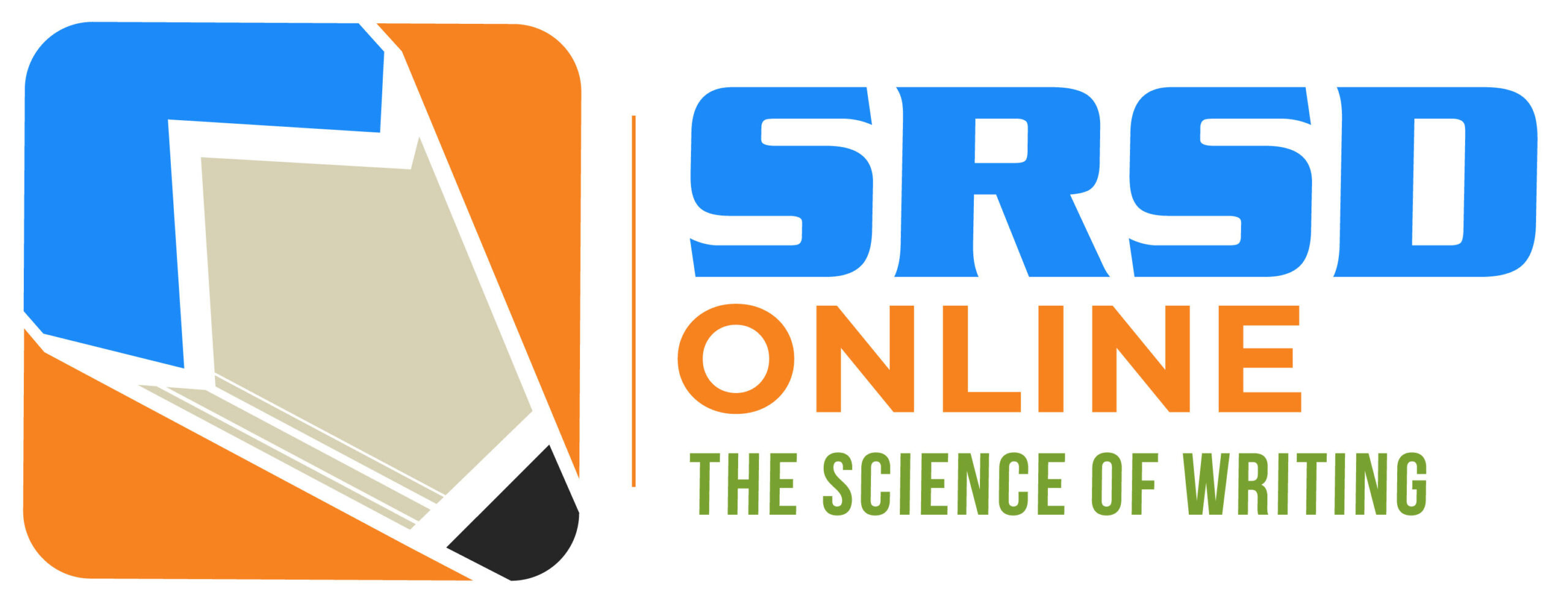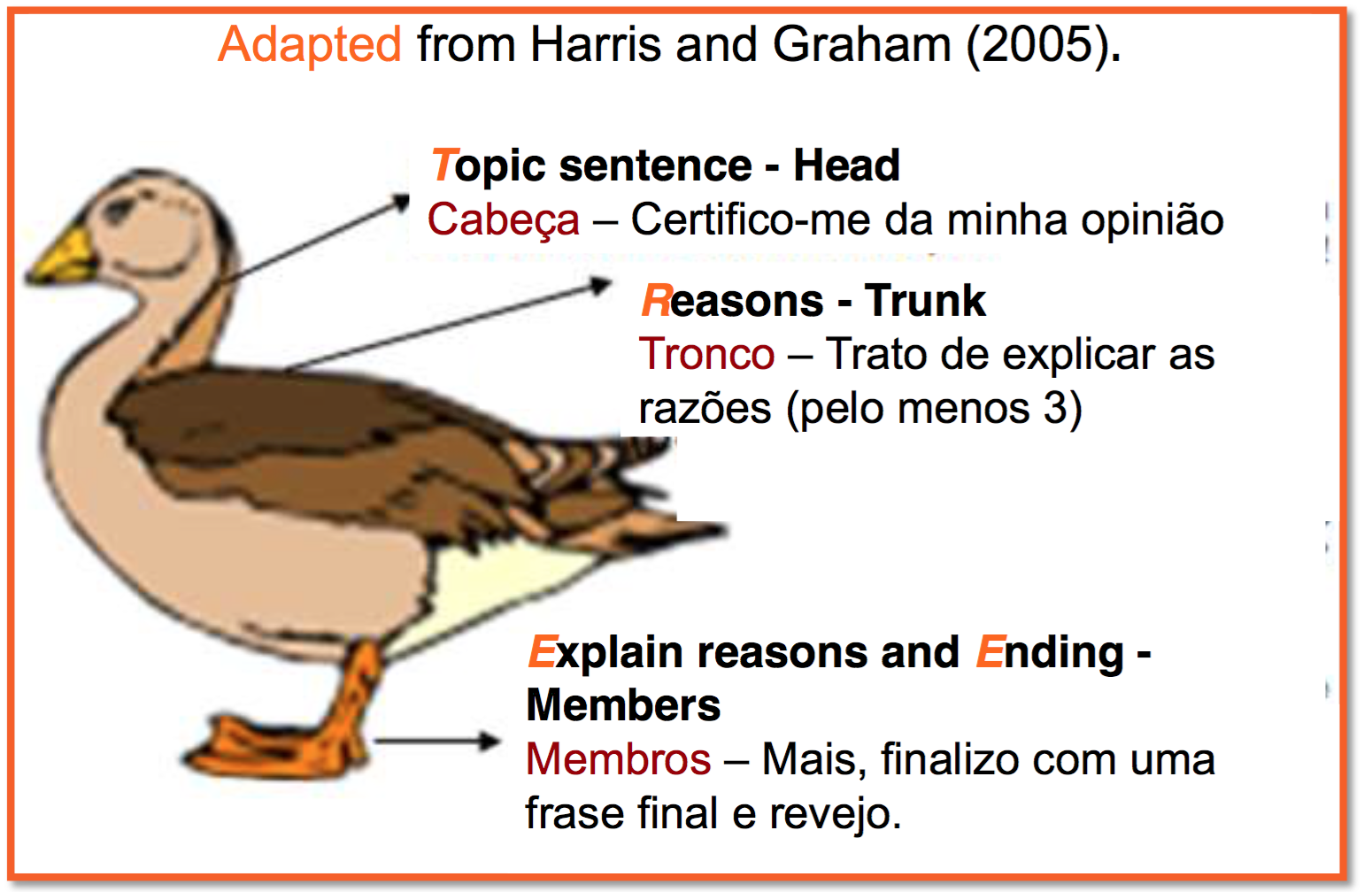
Catarina Araujo’s SRSD story is unique in that, within her research, she is adding Information and Communication Technologies (ICT) to the SRSD process and the results have been robust. She has been interested in Self-Regulation for Special Education from the very beginning of her career and this is best exemplified in her three SRSD studies outlined below. It is now Catarina’s personal mission to expand SRSD throughout Portugal.
SRSD In Portugal and Beyond
One of her research goals is to make high-quality strategies (such as SRSD) accessible for Portuguese students and teachers. So, she felt that the Global SRSD Online Platform could be a good space for this. She is even thinking about having different areas related to the teachers practice goals and a small syntheses about who could use SRSD in a specific context and materials.
SRSD Training Course for Learning Disabilities
Catarina believes that the main objective of the SRSD Online training course is to provide teachers with knowledge about effective intervention strategies in improving writing performance that can be used by students with learning disabilities or writing problems. For this purpose, it is proposed to approach themes related to the nature, etiology, and characteristics of LD´s and writing problems, from a theoretical perspective; Presentation of results of research studies, effective teaching strategies (including the use of Information and Communication Technologies) and other subjects relevant to the academic, motor and socio-emotional needs, capacities and individual characteristics of the child with LD in a cognitive and learning.
The course intends to analyze the model of the use of SRSD self-regulation strategies that allow students to develop knowledge about the process of writing texts, knowledge, and self-regulation of writing strategies and the regulation of their behavior during writing to improve their quality.
The Future of SRSD in Portugal
Over time she would like to see SRSD translated, adapted and made available for Portuguese. Continued teacher training and dissemination of strategies (results) would be her goal, as well as, demonstrate practical examples of use and effects.
Catarina believes in aiding the articulation between theory and practice (statistics and use of all data collected) – social valuation of the model; Platform for sharing SRSD teachers’ practices – appreciation among professionals; Space for student sharing impressions about the use of SRSD (around the world) – Motivation, collaboration, writing/recording work, and gathering students’ opinions for possible model improvements.
Synopsis of Catarina’s (3) SRSD Studies:
These studies intend to increase of the knowledge of the teachers and the participating students on strategies of intervention based on the investigation and potential alteration in the pedagogical practices of writing with and without ICT, in an inclusive context that identifies and supports early students with problems in writing.
This research was organized into three studies related to:
- Students’ perception of knowledge, attitudes, and self-efficacy in writing with and without using ICT;
- Perception of the teachers of the 1st Cycle of Basic Education on their practices, writing and ICT use, in the classroom;
- Impact of the use of the SRSD model, with and without using ICT, in the performance of the writing of opinion texts among students of the 4th year of school with and without writing problems.
Study 1 Conclusions Obtained:
- Students present positive perceptions about knowledge, attitudes, and self-efficacy in writing, with and without using ICT;
- Students’ perceptions of attitudes are more positive than their perceptions of knowledge and self-efficacy in writing;
- The scales on knowledge, attitudes, and self-efficacy in writing, with and without using ICT, presented a consistent structure (with Alpha Cronbach values between .776 and .928) and required reliability criteria;
- The variables gender, presence of writing problems, and presence of SEN had influence on the students’ perceptions of their writing;
- The variables gender and presence of writing problems had influence on students’ perceptions of their writing, using ICT;
- There are correlations between the perceptions about knowledge, attitudes and self-efficacy and the students’ writing performance.
Study 2 Conclusions Obtained:
- The writing activities most often indicated by teachers are: story building, reading comprehension responses and worksheets;
- From the perspective of the majority of teachers interviewed, students and teachers alike, have skills and feel motivated to use ICT in the classroom context;
- The pedagogical practices in the classroom favor writing without using ICT;
- From the perspective of most teachers interviewed, students do not like to write;
- The teachers mentioned the need to acquire training in the level of intervention in writing, with and without ICT, among students with writing problems.
Study 3 Conclusions Obtained:
- SRSD + ICT and SRSD interventions allowed an improvement in the results regarding the structure, quality, and number of argumentative connectors of the text;
- The SRSD + ICT and SRSD interventions did not allow an improvement in the results related to the extension of the text (corrected and estimated values);
- The effect size of the SRSD intervention on the variables under study was d = 2.10 for the structure, d = 2.52 for the quality, d = 0.19 for the extension and d = 1.26 for the number of argumentative connectors;
- The effect size for the SRSD + ICT intervention in the variables under study was d = 2.97 for the structure, d = 3.55 for the quality, d = 0.27 for the extension and d = 2.00 for the number of argumentative connectors;
- The SRSD + ICT intervention had a greater effect size than the SRSD intervention regarding the quality and number of connectors used in the text;
- The presence of writing problems influences the students’ performance regarding the quality and structure of the texts produced;
- The results obtained in the text structure variable are explained in 56.8% by the results in the variables general quality of the text, number of connectors used and writing problems;
- The results obtained in the variable general quality of the text are explained in 61% by the results in the variables of the text of opinion, writing problems and perception of self-efficacy regarding writing conventions;
- The presence of socioeconomic support to the family influences the students’ performance regarding the number of argumentative connectors; And
- The social validity of SRSD + ICT and SRSD intervention was confirmed.
Accolade
Initially, SRSD takes time and dedication to understand, apply and explain the strategies to students. But it’s worth it! I observed students improve their writing performance, including in classroom interventions, which was so important to me.



